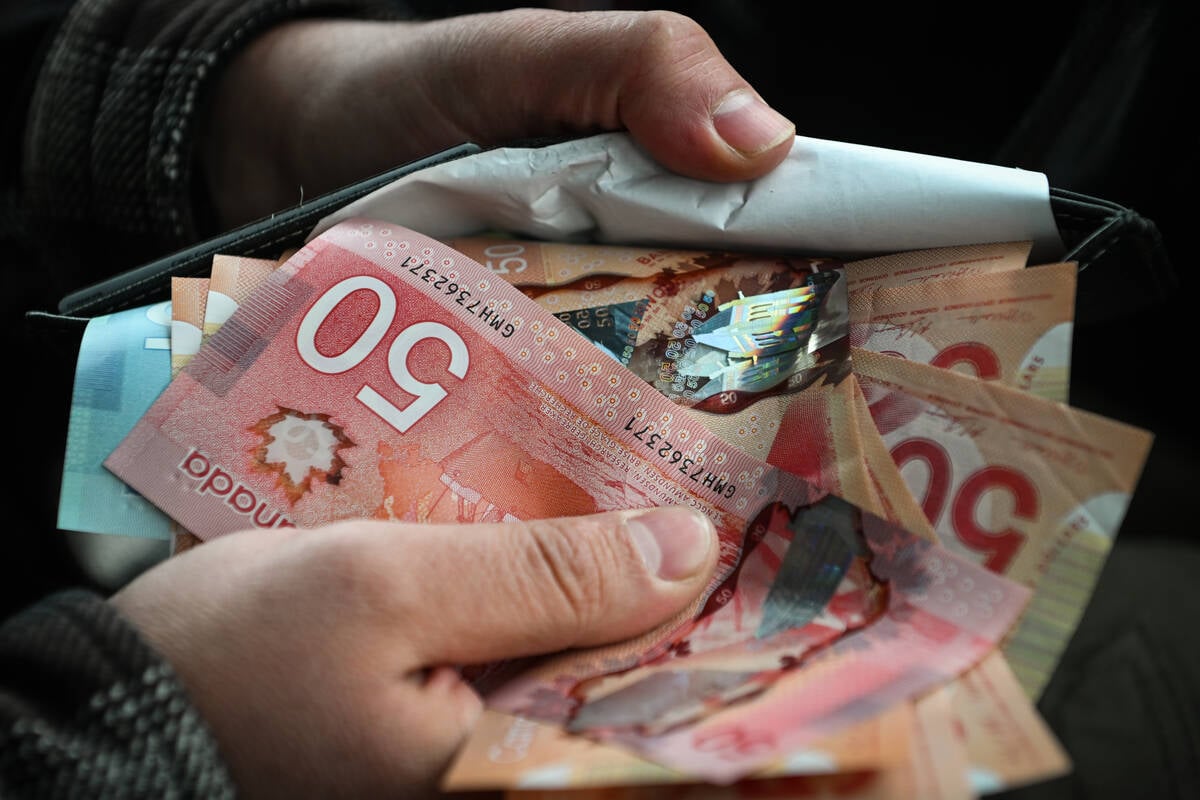WINNIPEG – He’s used to dealing with huge fights over world trade in farm commodities, but occasionally as part of his job as European Union agriculture commissioner, Franz Fischler has to deal with micro-issues.
And so, after giving a speech in Winnipeg outlining what he considers the EU’s bold new proposal to cut all export subsidies, Fischler had to find time to deal with the saskatoon berry snafu.
Saskatoon berries and saskatoon berry products have recently been banned from the EU.
Canadian agriculture minister Bob Speller planned to raise the issue with him in a meeting that day and Fischler that night was pointedly offered a saskatoon berry dessert at a banquet.
Read Also

Government support for Canadian farmers has plummeted
Subsidies in Canada were 30 per cent of gross farm receipts in 1980s and are now around eight per cent
In an interview, Fischler seemed annoyed, embarrassed and bemused by the controversy over saskatoon berry imports to the EU.
“These are very sexy issues, but in reality, they are a small thing,” said Fischler, noting Canada and the EU have a generally harmonious trading relationship.
Fischler said disputes over approvals for genetically modified organisms, such as GM canola, and over labelling of GM products “are bigger and more sensitive.”
But the saskatoon berry situation has its own complexities, and even though he’s the EU’s most powerful agricultural official, he can’t just make it go away.
Saskatoons have been banned from the EU market because they have been judged a “novel food.” Before they can be approved for human consumption, they must undergo a scientific evaluation.
“All we have to do on our side is consult the scientific body,” said Fischler.
“It is a formality, but it is a necessity. We can’t authorize imports without doing that.”
Saskatoon berry products have been sold in small amounts in the EU for years, but a new set of regulations means they need approval before they can be imported again.
Saskatoon berry exporters had hoped the EU could judge the saskatoon as essentially equivalent to blueberries, and therefore they would not require new evaluation.
But EU regulators said they could not do that because the saskatoon berry is biologically closer to an apple than a blueberry.
Fischler said he doesn’t expect this to become a major imbroglio.
“It takes some time, but I’m sure it will not create a major trade obstacle,” he said with a laugh.















